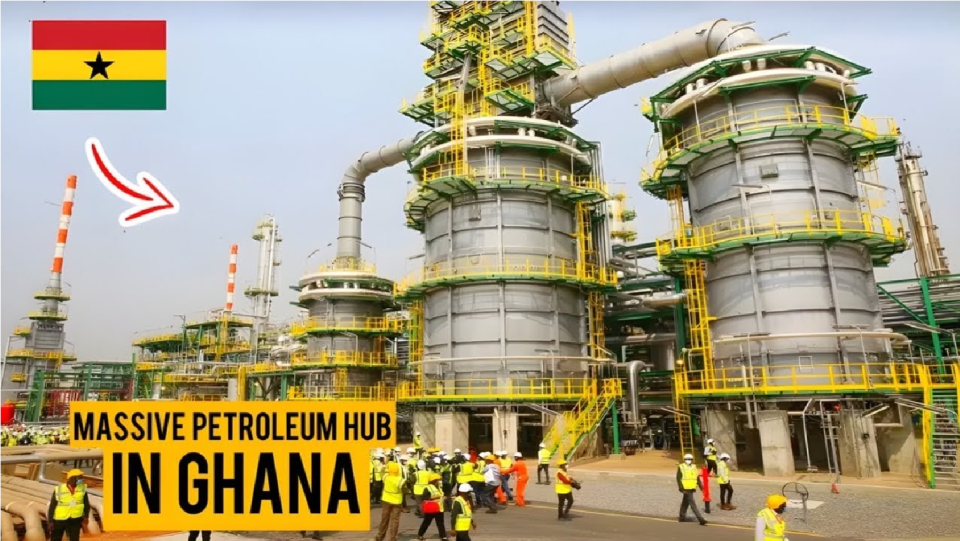Ghana is on its way to constructing a $12-billion strategic petroleum project (hub) which is expected to significantly enhance the country’s position in the global oil and gas industry. Located in the southwestern city of Jomoro, the hub will include a 300,000-barrel-per-day refinery, petrochemical plants, and other related infrastructure, positioning Ghana as a key player in West Africa’s energy market.
President Nana Akufo-Addo who according to OilPrice presided over the groundbreaking ceremony, emphasized the project’s significance to Ghana’s economic future. “The project promises to be a cornerstone of our nation’s development,” Akufo-Addo stated. This development, the report added, was a starting point and a bold step for Ghana whose oil production began in 2010, and producing, at the moment, about 132,000 barrels per day (bpd) of crude oil.
The petroleum hub is expected to transform Ghana into a major supplier of refined petroleum products across West Africa, a region that currently imports nearly 90% of its petroleum needs. According to the African Refiners and Distributors Association, West Africa consumes about 800,000 bpd, reports the oil and gas news agency.
However, the project according to the report, has been criticized from various quarters, Bright Simons, vice president of Accra-based think tank IMANI Africa being one of them, who was said to have expressed skepticism about the viability of the consortium behind the project, describing the venture as lacking in “bankable business plan.” Equally reporting Simons as saying that the project might be more about acquiring land than actual development.
Local opposition has also emerged, with some residents of the proposed 20,000-acre site voicing concerns about the project’s environmental and social impact, with legal challenges anticipated, as farmer cooperatives seek to protect their land rights and reduce the project’s footprint.
The report added that the Ghanaian government has remained committed notwithstanding the confrontations and criticisms, citing broad support from other residents and the potential economic benefits of the petroleum hub. The project’s first phase is expected to be funded by a consortium including Touchstone Capital Group Holdings and China-based firms, with completion expected by 2025.

